Impact Stories
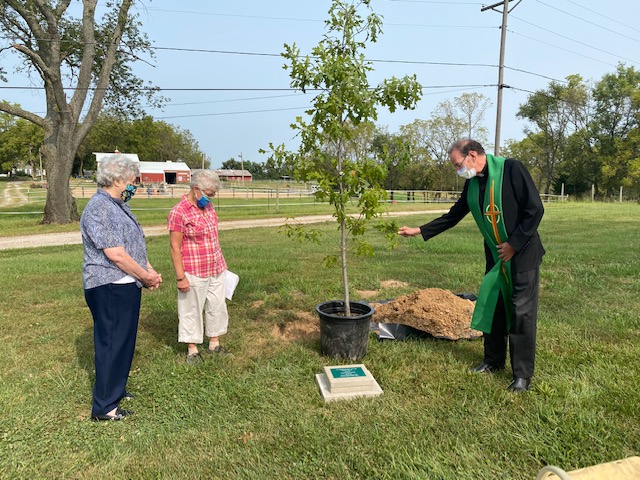
CanopY
Renewal
Pallottine Retreat and Conference Center, located in St. Louis county, is dedicated to having a beautiful and calming natural space for its visitors. When Pallottine staff noticed some declining oak trees they quickly partnered with Forest ReLeaf to plant the next generation of trees.
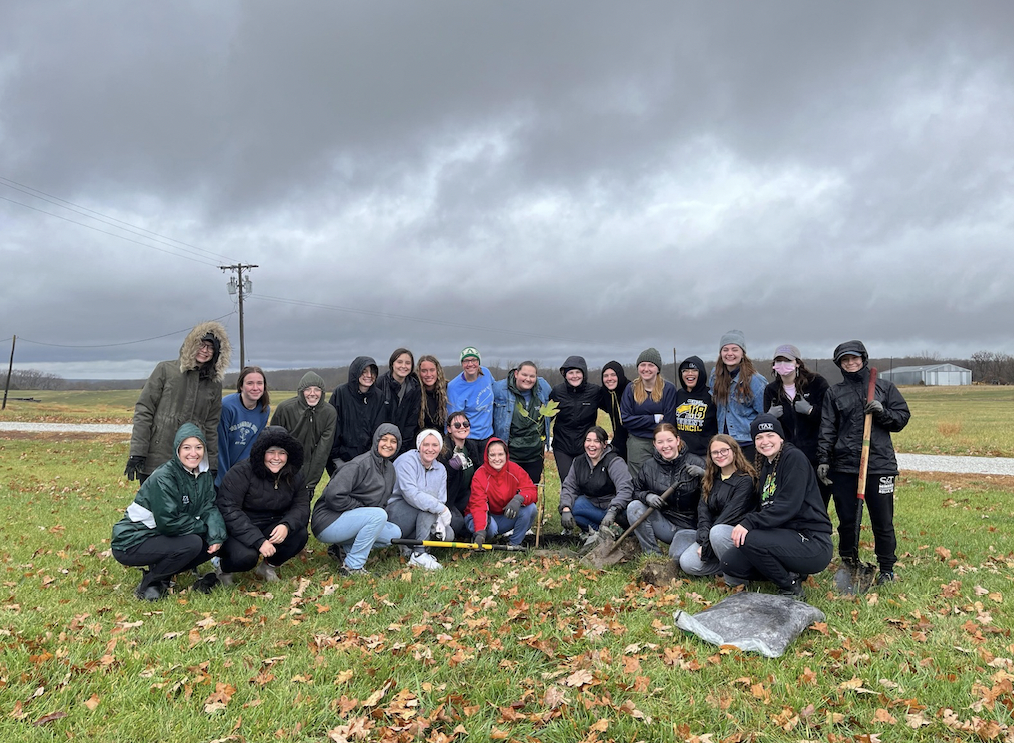
spanning distances
Tau Lambda Sigma sorority sisters were excited for a tree planting philanthropy project. However, their campus, Truman State University, is a long drive from our Creve Coure nursery. It took coordinating and dedication to get our trees to their planting site, but their hard work benefited not only Truman campus but a local church and Humane Society as well.
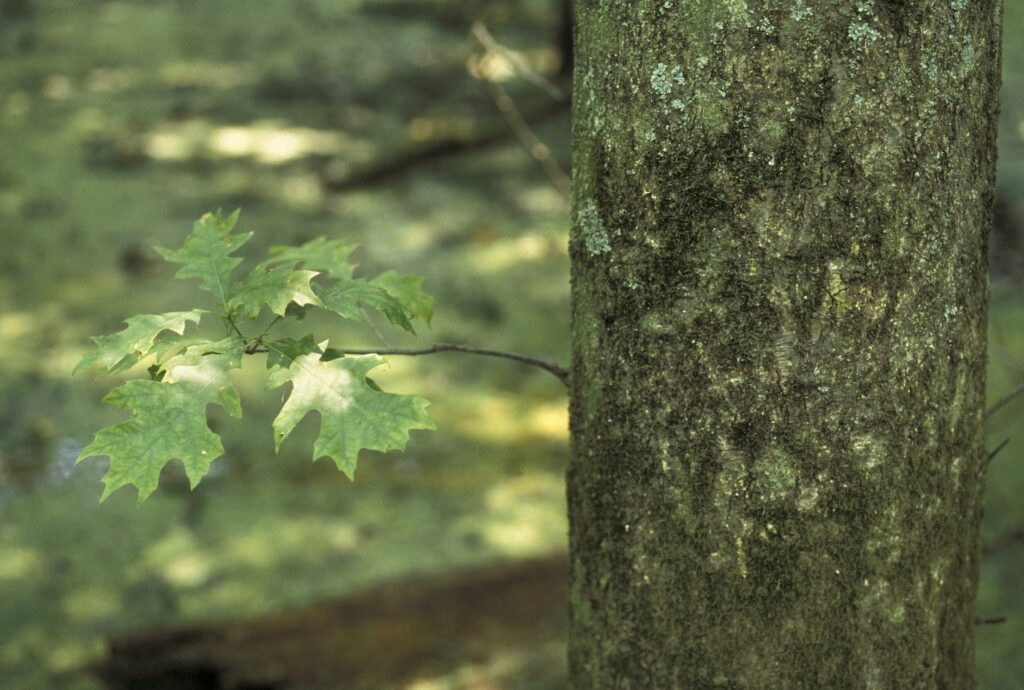
Genrational
Joys
Jared Irby saw potential in Marquette park. He dreamed of improving the space for neighborhood children to play in and enjoy a natural community space. After he organized the planting of 30 Forest Releaf trees, Jared’s dream is closer to becoming a reality.
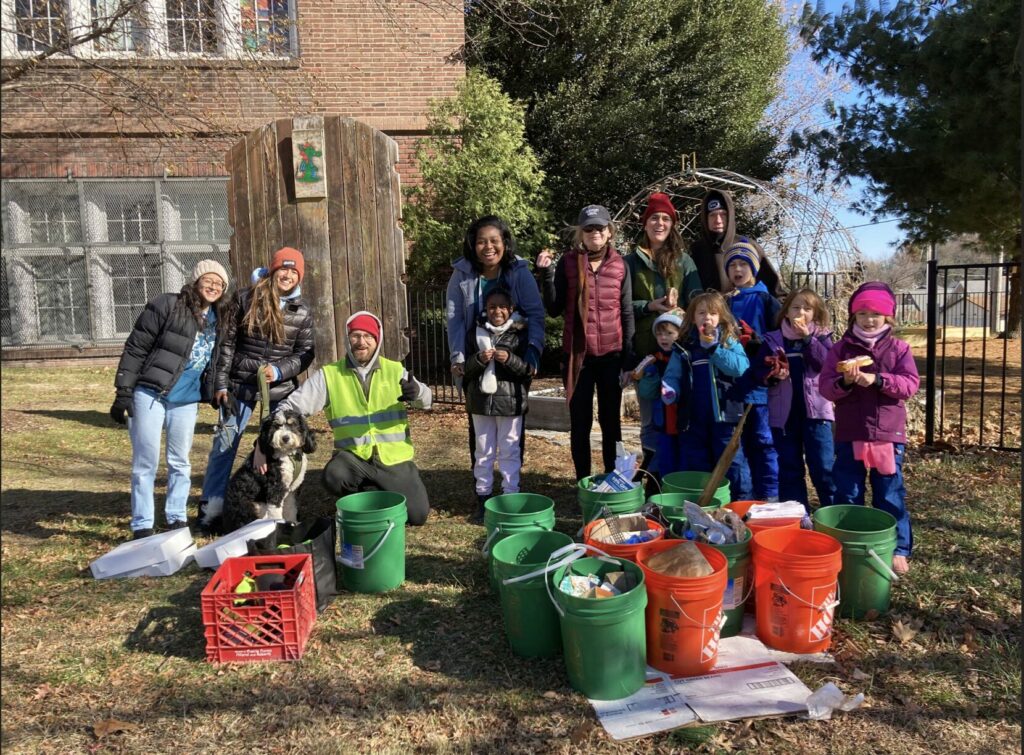
trash for
trees
Aaron Doghogne has harnessed the power of community to clean and green St. Louis City. With the help of volunteers, 24,000 pieces of trash were collected and 200 Forest Releaf trees were planted in STL.
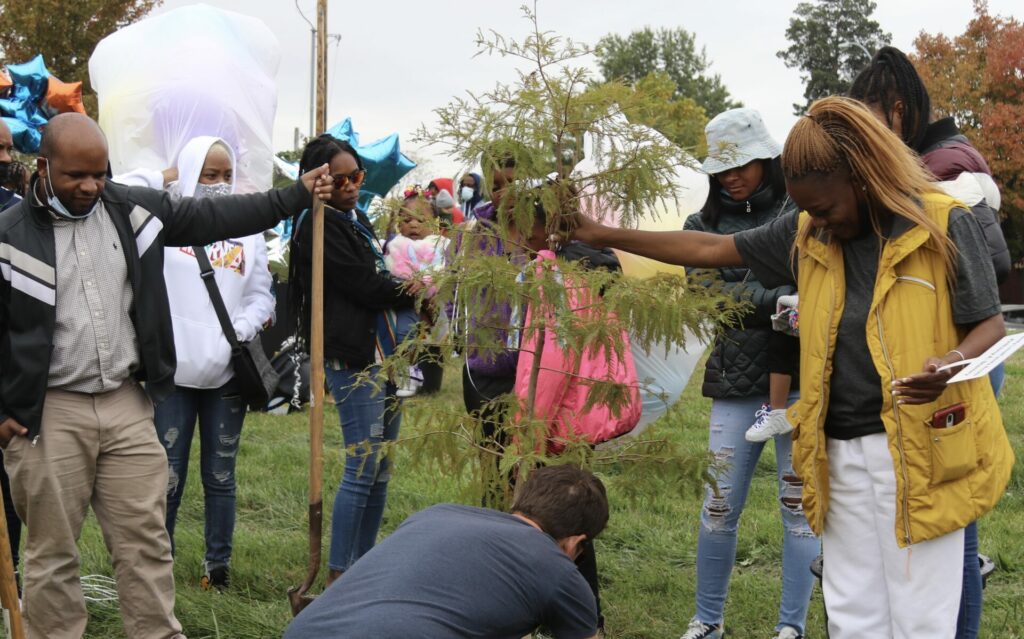
Better Family Life
Better Family Life has been around for over 40 years stabilizing inner-city neighborhoods. Through a program called Family Love/ Family Roots, the first memorial tree planting took place in Fall 2019 at Ivory Perry Park. Since then over 90 memorial trees have been planted.
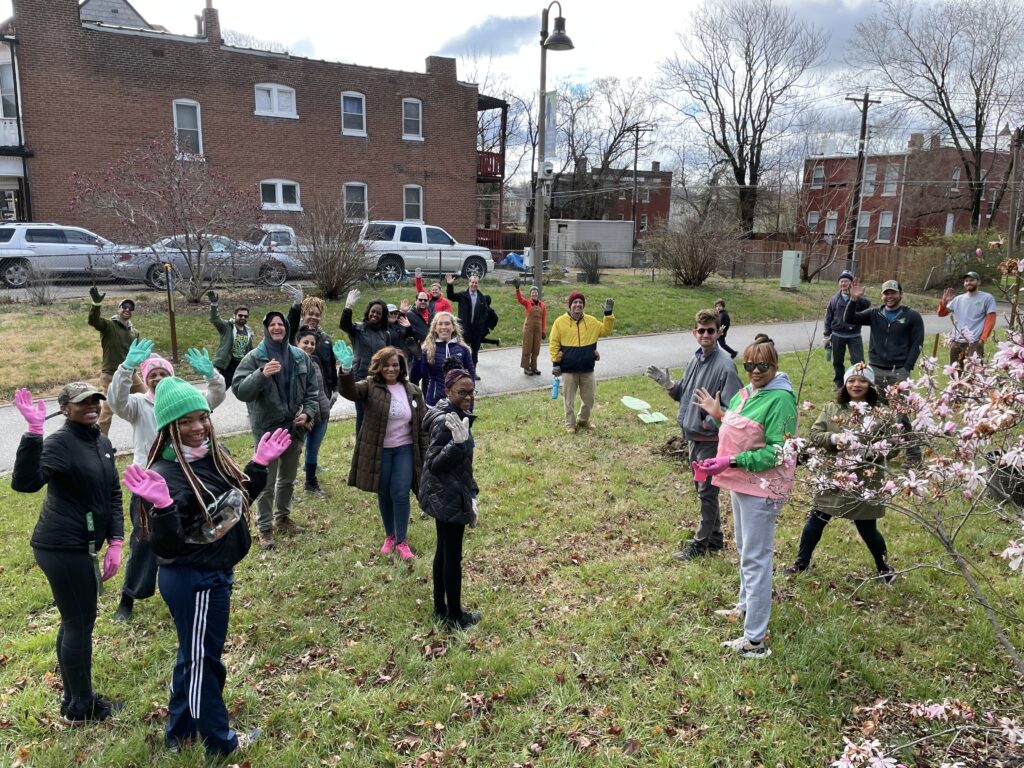
Ruth Porter
Mall
Forest Releaf and GRG have partnered to establish more tree canopy along completed and upcoming greenways that are primarily concentrated in North St.Louis City.
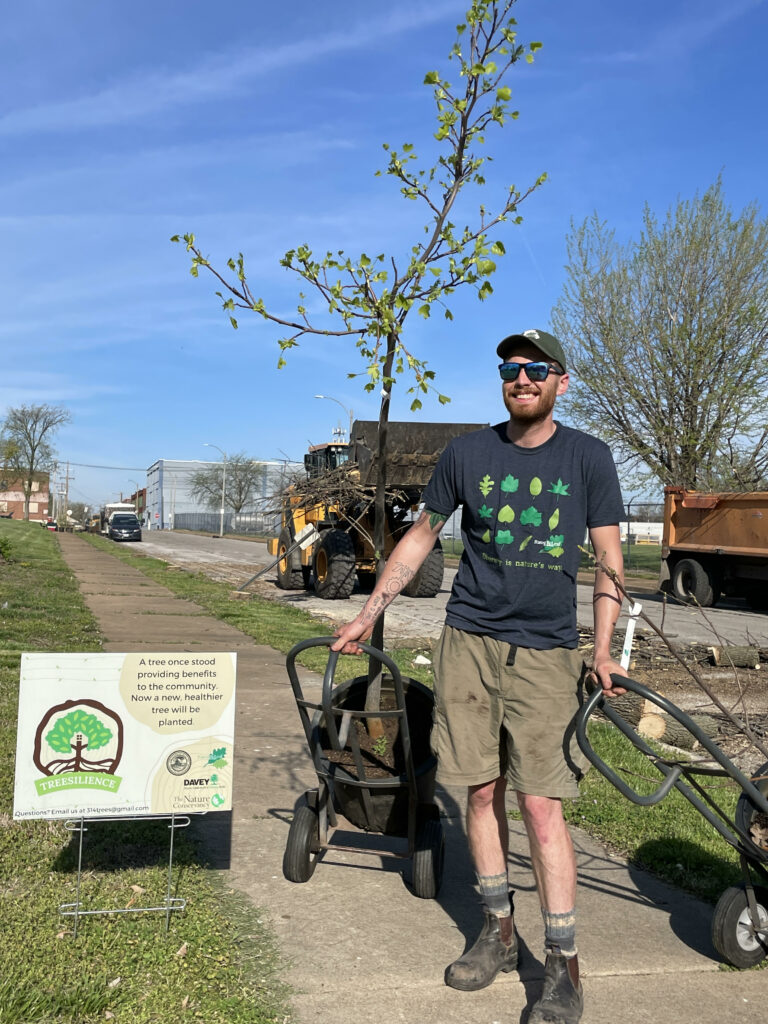
Treesilience + Americorps
Emerald Ash Borer has hit St. Louis, creating high risk trees throughout the city. With partners like Americorps we’re removing ash trees and replanting with native trees.
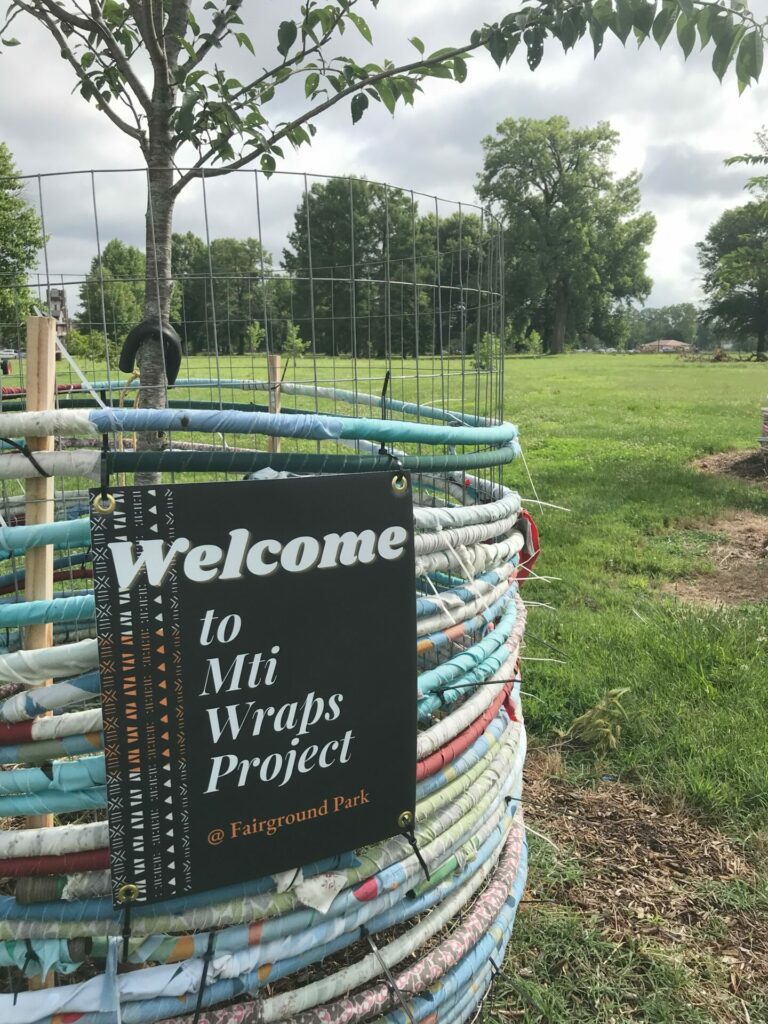
Mti Wraps @ Fairground Park
Can public art promote and protect trees? North City artist Dail Chambers explores new ways of community engagement.
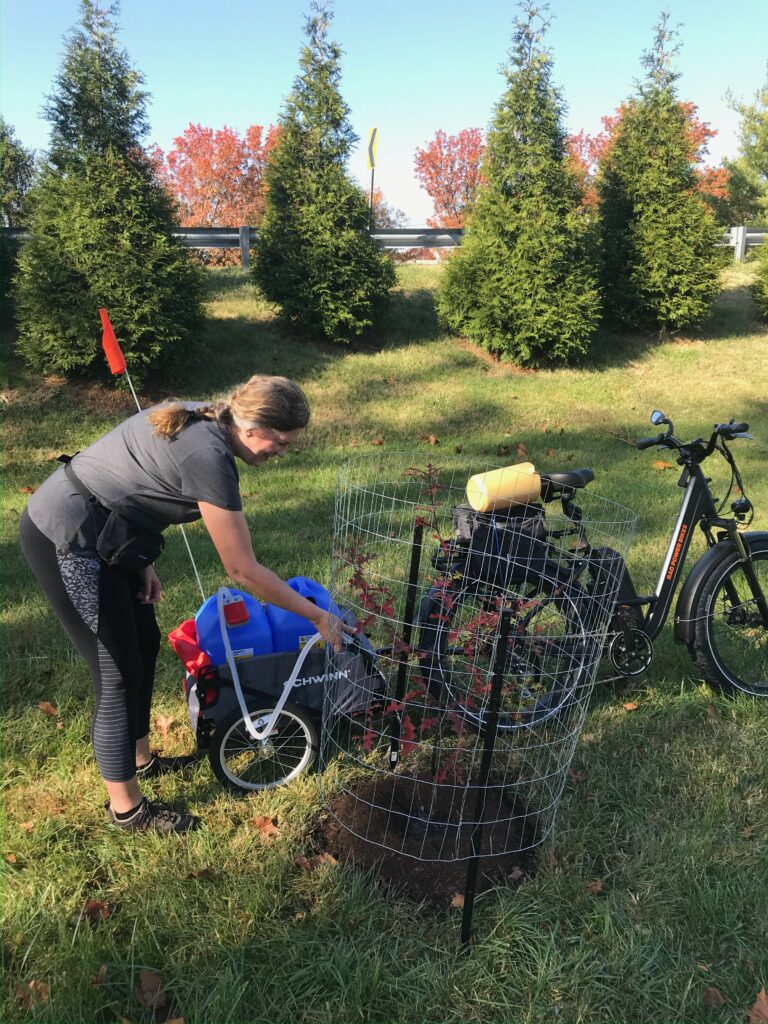
Modot Land
When Pam Franke looked at her subdivision she saw a lack of young trees in the canopy. With Project CommuniTree, she’s planting the future for her neighborhood.
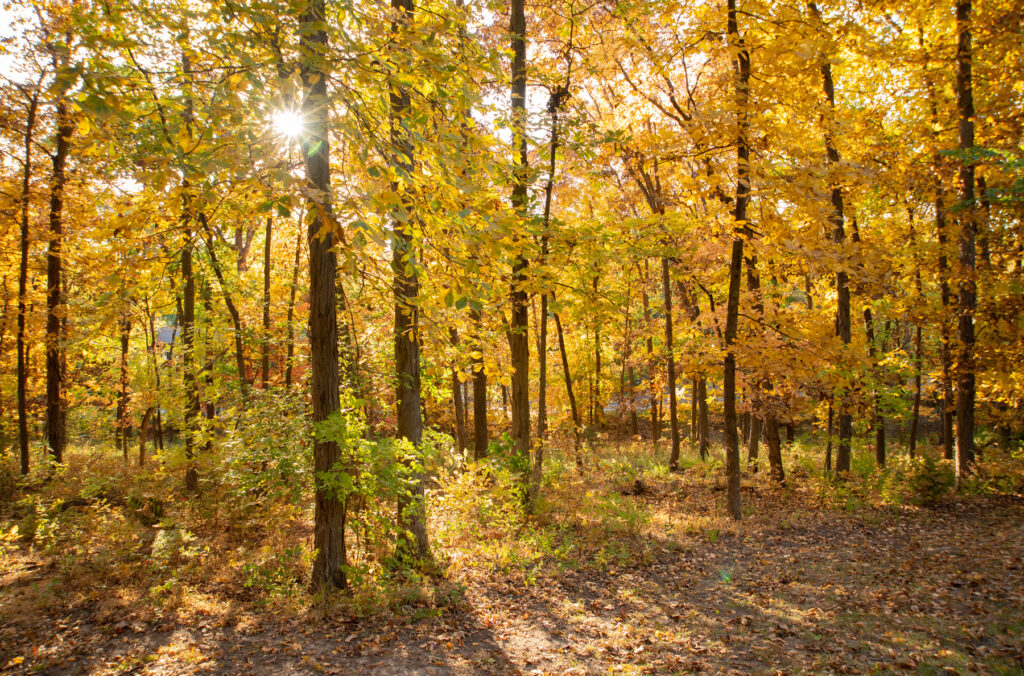
kiwanis park
Kiwanis Park used to be overfilled with invasive honeysuckle bush. Thanks to Stephen Bybee and community efforts, this space is now thriving with young native trees.
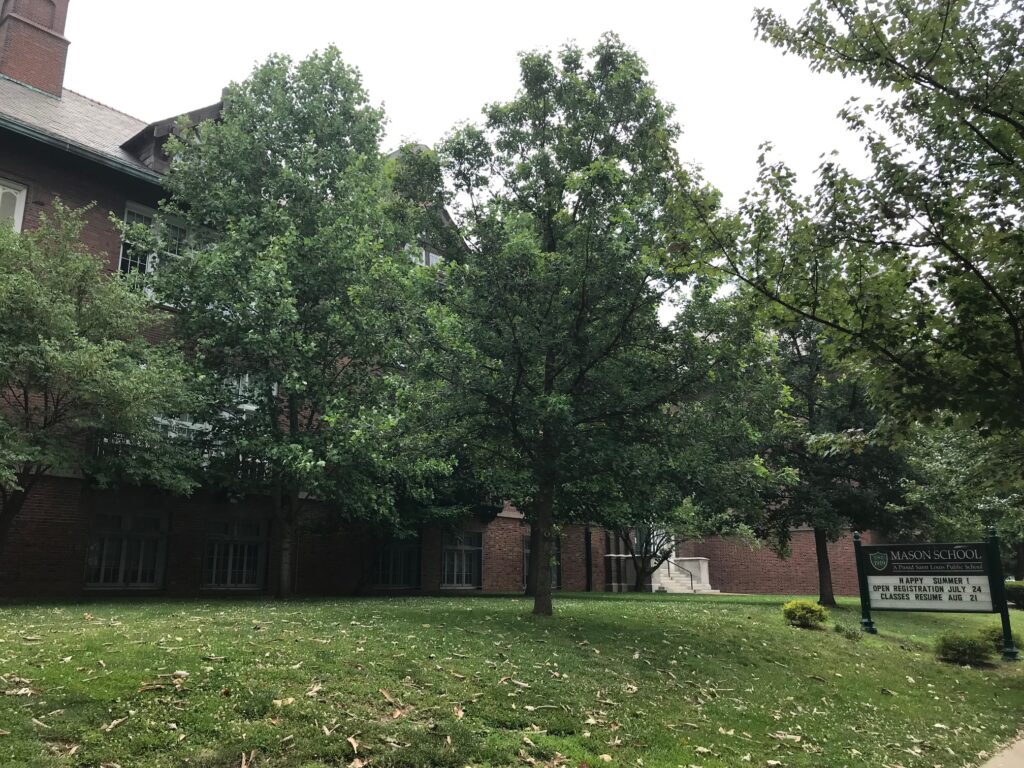
Mason Elementary School
Twelve years ago there wasn’t any shade at Mason Elementary. Then Karen Norman found out that she could get free trees from Forest ReLeaf.
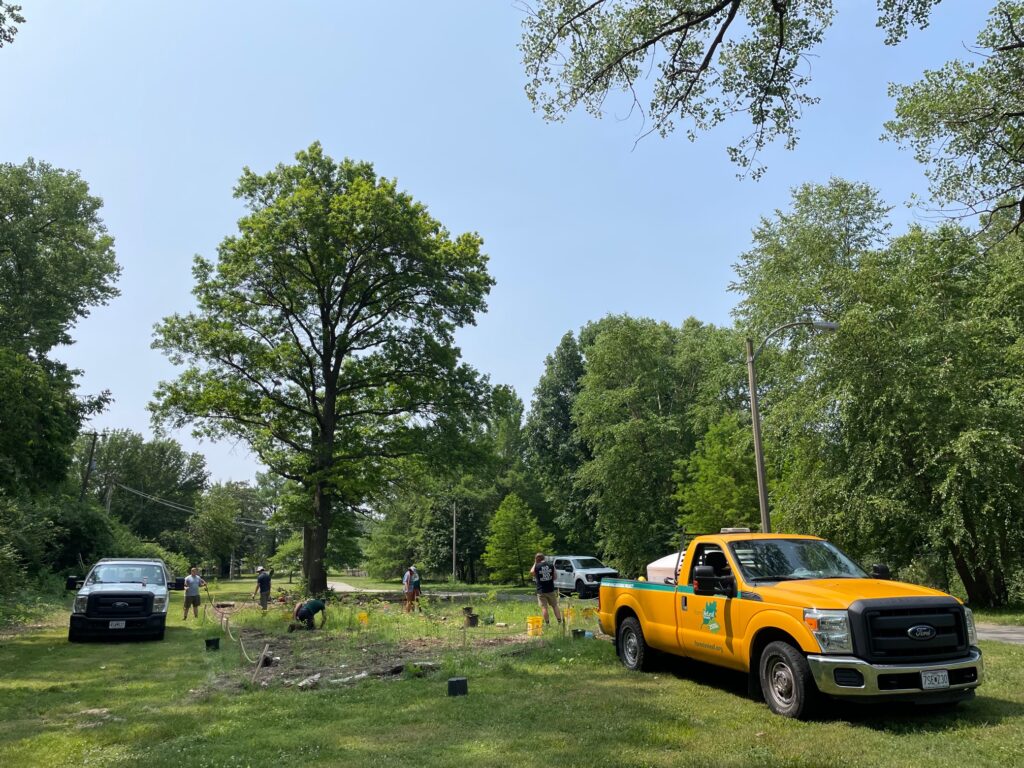
Big Yellow
Truck
John knew hauling buckets of water would be labor intensive and unsustainable long-term. He began to fundraise for a watering truck and “people really came through for big yellow”.
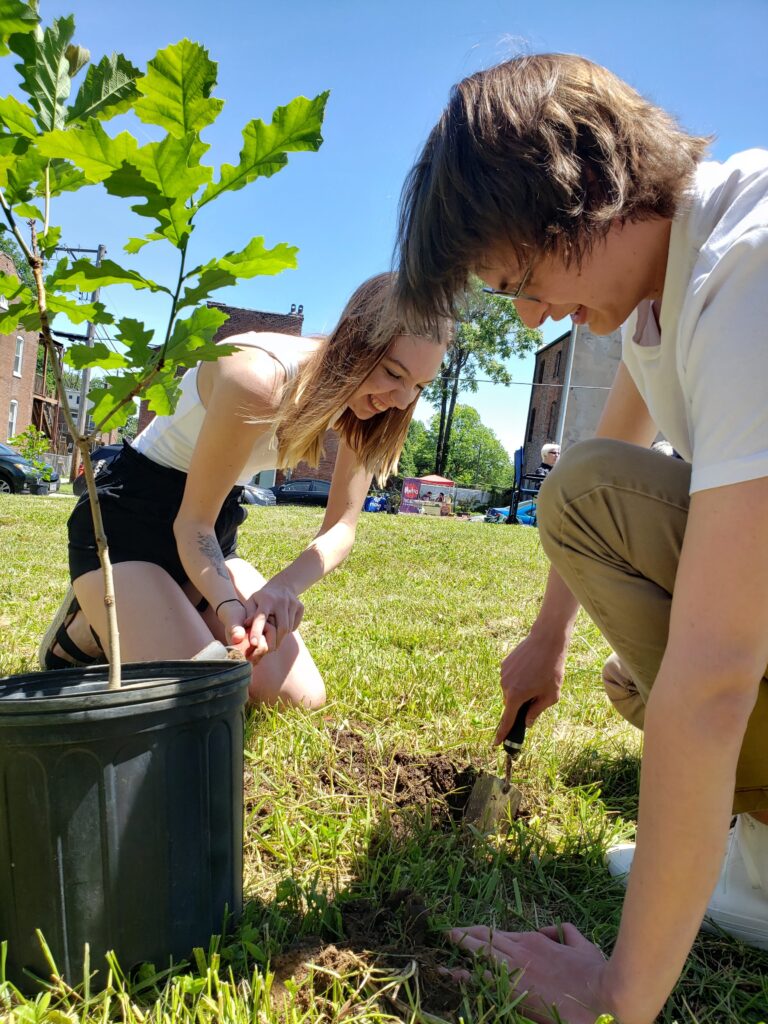
Pocketparks
As the young non profit, Pocketparks, follows their mission of turning vacant lots into beautiful community spaces, they rely on community resources. That’s where Forest ReLeaf comes in.

MCC maple
woods nursery
When Metropolitan Community College (MCC)in Kansas City lost many of their trees to the emerald ash borer, Matthew Knopf-Amelung decided to create a campus nursery. With young trees from Forest ReLeaf and stewardship from MCC’s faculty and students Maple Woods Nursery was created.

coahoma orchards
Coahoma Orchards is a collection of native fruit bearing trees that Dail Chambers acquired from Forest ReLeaf. With the help of community members the trees were planted and are now growing in the Jeff-Vander-Lou neighborhood in North City.

